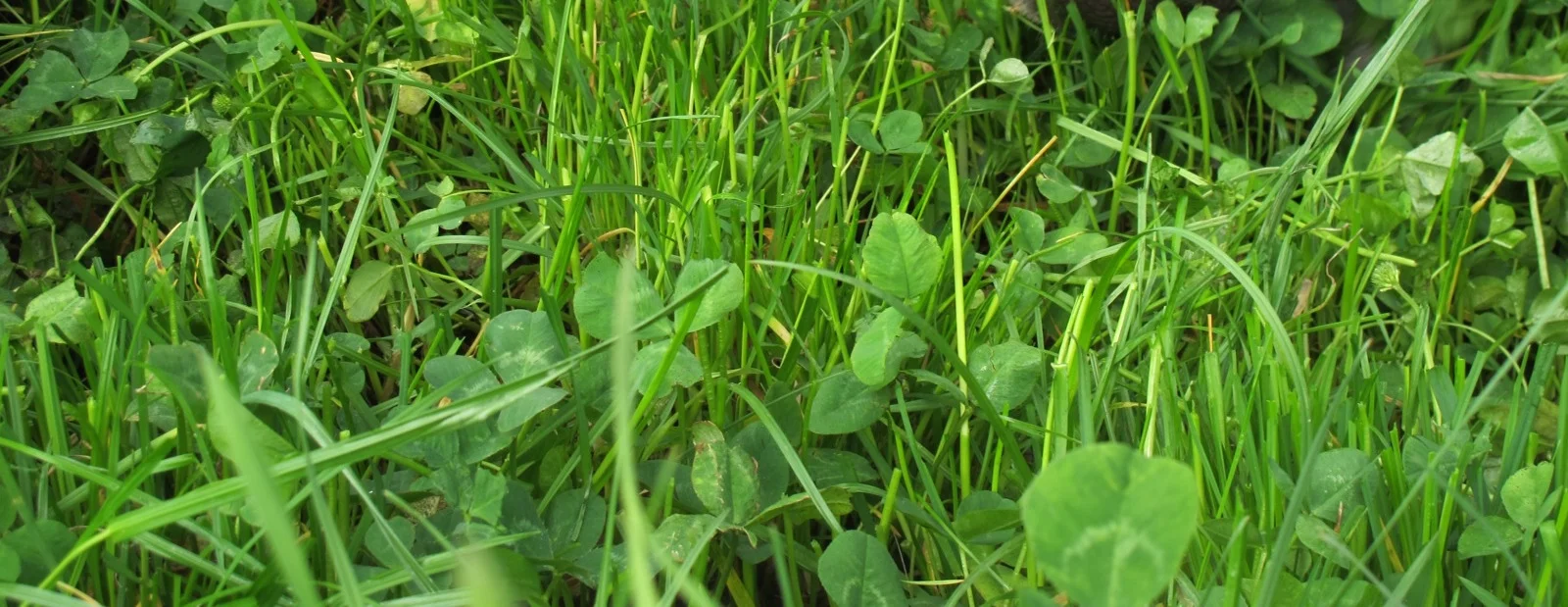The Australian Food Sovereignty Alliance (AFSA) is launching a crowdfunding campaign to raise $100,000 to support farmers facing stifling regulation on food standards.
Last month the prosecution of Willunga SA dairy farmer Mark Tyler for providing raw milk triggered a strong reaction from members of AFSA who claim that government failure to keep up with innovation in small-scale local food production is damaging livelihoods and restricting consumer choice.
Video: Farmers Mark & Helen Tyler received a conviction and a $18 000 fine over operating a raw milk cow-share.
‘It’s a shame when farmers have to fight their own governments for the right to feed their communities, but that time has come,’ said AFSA President and free-range pig farmer Tammi Jonas.
‘On-farm processing is copping unfair and inconsistent regulation of facilities, and outdated and illogical definitions in local planning schemes.
‘Regulation is preventing us from supplying ethical, ecologically-sound, nutritious and delicious food to our communities.‘
Other recent cases include the enforced closure of Elgaar Organic Farm in Tasmania and Happy Valley Free Range pig farm in Victoria.
The Legal Defence Fund will establish a legal advice hotline to support farmers caught up in a trial by media, and fund casework to lobby for legal reform.
It will also provide advice on public and product liability for farms and food producers who sell direct to the public, and offer examples of best-practice planning for farmers and local councils.
All funds received will go directly to support farmers and eaters in their efforts to produce and have access to ethically and ecologically grown food. source
Contact:
Tammi Jonas, President
0422 429 362
The Australian Food Sovereignty Alliance
The Australian Food Sovereignty Alliance (AFSA) is a collaboration of farmers, academics, chefs, organisations, and individuals working together towards a food system in which people have the opportunity to create, manage, and choose their food and agriculture systems from paddock to plate. Our members include peak bodies and local government agencies such as the Melbourne Farmers Markets Association, the Victorian Local Governance Association, and Southern Harvest; leading ecological organisations such as Regrarians, Food Connect, MADGE, Feather & Bone, and Milkwood; and regenerative direct-to-consumer farms such as Buena Vista, Jonai Farms, Milking Yard, Old Mill Bio, Sage, Savannah, and Southampton Homestead.
AFSA recently attended the Asia Pacific Regional Conference of the Food & Agriculture Organisation (FAO) of the UN, where support for smallholders to control their value chains, and for agroecological farming systems are priority workstreams.
Our vision is to enable regenerative farming businesses to thrive, free from restrictive outdated regulations that work to protect industrialised farming and food producers. Australians increasingly care about the way their food is produced including its social and environmental impacts, and food produced on small regenerative farms is in unprecedented demand.
With the support of the Australian public, AFSA aims to take back control of the food system from corporate interests and educate our government about what a fair food system looks (and tastes) like. source
Video: Joel Salatin spoke at the Eat Buy Grow Rally on 19 Feb 2015 at the Victorian Parliament House about being able to make your own food choices.
Elgaar Farm Tasmania
Video: Elgaar Farm (Tasmania) is one of Australia’s leading organic, ethical, multi-generational dairy farms with more than 20 years of production behind us. Our farming origins and practices date back hundreds of years to our Bavarian roots. For almost 12 months we’ve been shut down by the local dairy authorities because we don’t fit the modern mould. Because of this, our financial resources have been drained while we’ve struggled to meet their new regulations. We’ve had to let go of all our external staff and have been working with no income this whole time. For the first time in a year we are ready to tell our story. www.elgaarfarm.com.au/
Moo View Dairy: Mark and Helen Tyler's story
Video: Moo View Farm at Willunga, operated a cow share program, where people could source raw milk through ownership of cows. The farm was raided by South Australia Police, the Dairy Authority and Biosecurity SA in May of 2013 and August 2013. The film was shot over 5 months, from the time of the first public meeting of Cow Shareholders following the raid, to the ongoing court proceedings. The film was made on a pro bono basis for the Cow Shareholders and lets them tell of their desperation for raw milk and their anger and lament of being denied it. The film also has commentary from a SA political advocate, a dairy industry representative, Biosecurity SA and New Zealand Raw Milk Producers Association.
Raw Milk is a big and complicated issue and this film does not aim to cover all of these complexities, it really is a snapshot of the immediate concerns of those featured in the story. Click here to hear a more recent version of Mark's dealings with authorities.
Image: see the feature length film here.







